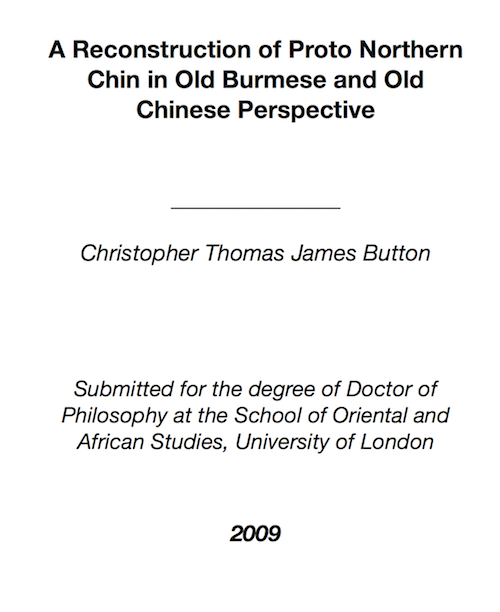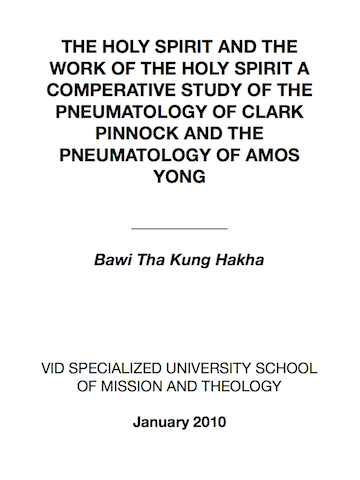Burma/Myanmar: Military Coup and State of Emergency: The Role of the Military in Driving Down Democratic Breakdown and Autocratization
| Author |
|---|
Description
On February 1, 2021, General Min Aung Hlaing staged a military coup against democratically elected Aung San Suu Kyi’s government in Burma by declaring a state of emergency. The military coup has intensified the country’s political crisis, prompting widespread protests on both internal and international levels. This thesis seeks to examine how the Burma military contributed to autocratization and democratic breakdown following the military’s seizure of state power on February 1, 2021. Furthermore, the thesis investigates why the military coup in 2021 occurred, and how the military attempted to consolidate its political role in Burma’s politics.
Case study has been used as the method, and the thesis takes Dahl’s seven conditions for polyarchy, or “minimal procedural democracy” as the notion of electoral democracy. For the theoretical framework, the thesis used three key terms, such as democratic backsliding, democratic breakdown, and autocratization. Two university professors including a Bamar expert and a non-Bamar expert, have been interviewed for the data collection.
The thesis found that the military coup prompted a sudden, brutal democratic breakdown in Burma and transformed Burma into a closed autocracy and military dictatorship. The coup brought a crashing halt to a decade-long democratic experiment by deconstructing democratic institutions. Not only did the coup overthrow democratically elected governments, but it also effectively shut down the bicameral Union Parliament as well as all 14 provincial legislatures. Since the coup, thousands of elected legislators, politicians, civil society leaders, journalists, and celebrities have been arrested, murdered, and forced to flee the country. The research has discovered that the military chief has strengthened his grip on power after the coup. The 2020 elections have been declared null and void, and the retirement age of the military chief has been scrapped, effectively extending his power indefinitely. Furthermore, the military chief has prolonged the State of Emergency, and declared himself as Prime Minister of the Provincial Government of Burma. Burma needs to address political differences through political dialogue and establish a Federal Democratic Union based on the principles and spirits of the Panglong Agreement on February 12, 1947.
Additional information
| Author | |
|---|---|
| Language | |
| Format | |
| Year Published | |
| Publisher | Ålborg University |
| Pages | 107 |
You must be logged in to post a review.








Reviews
There are no reviews yet.